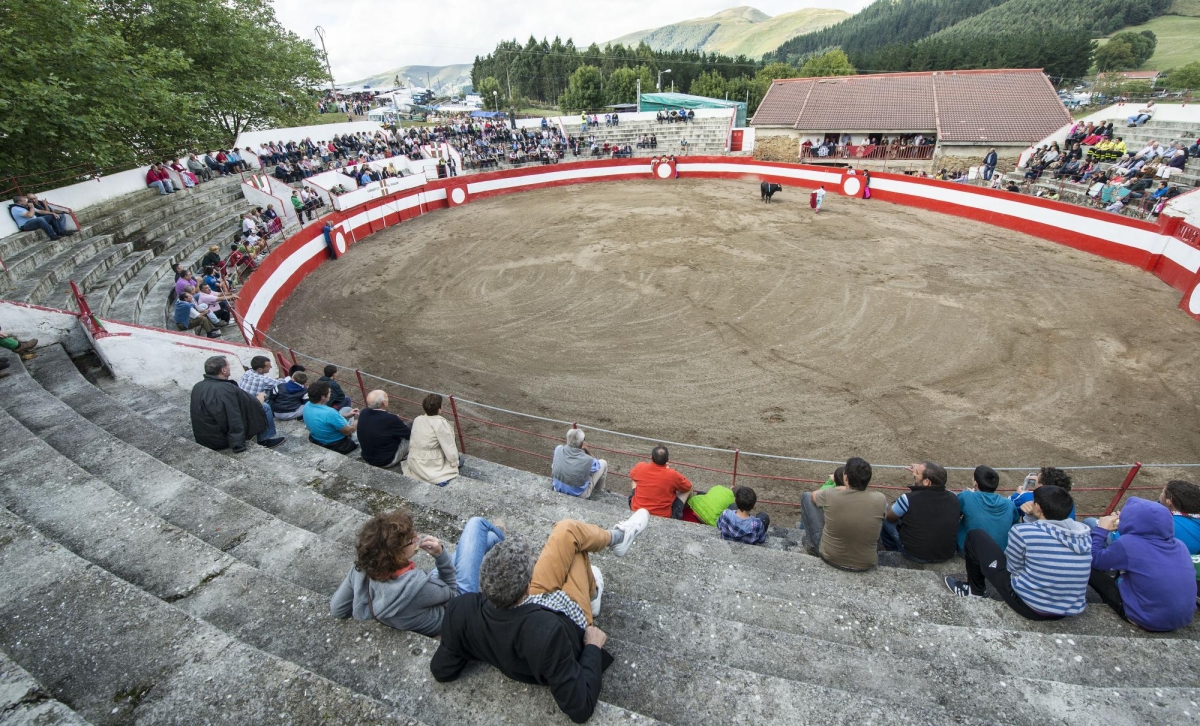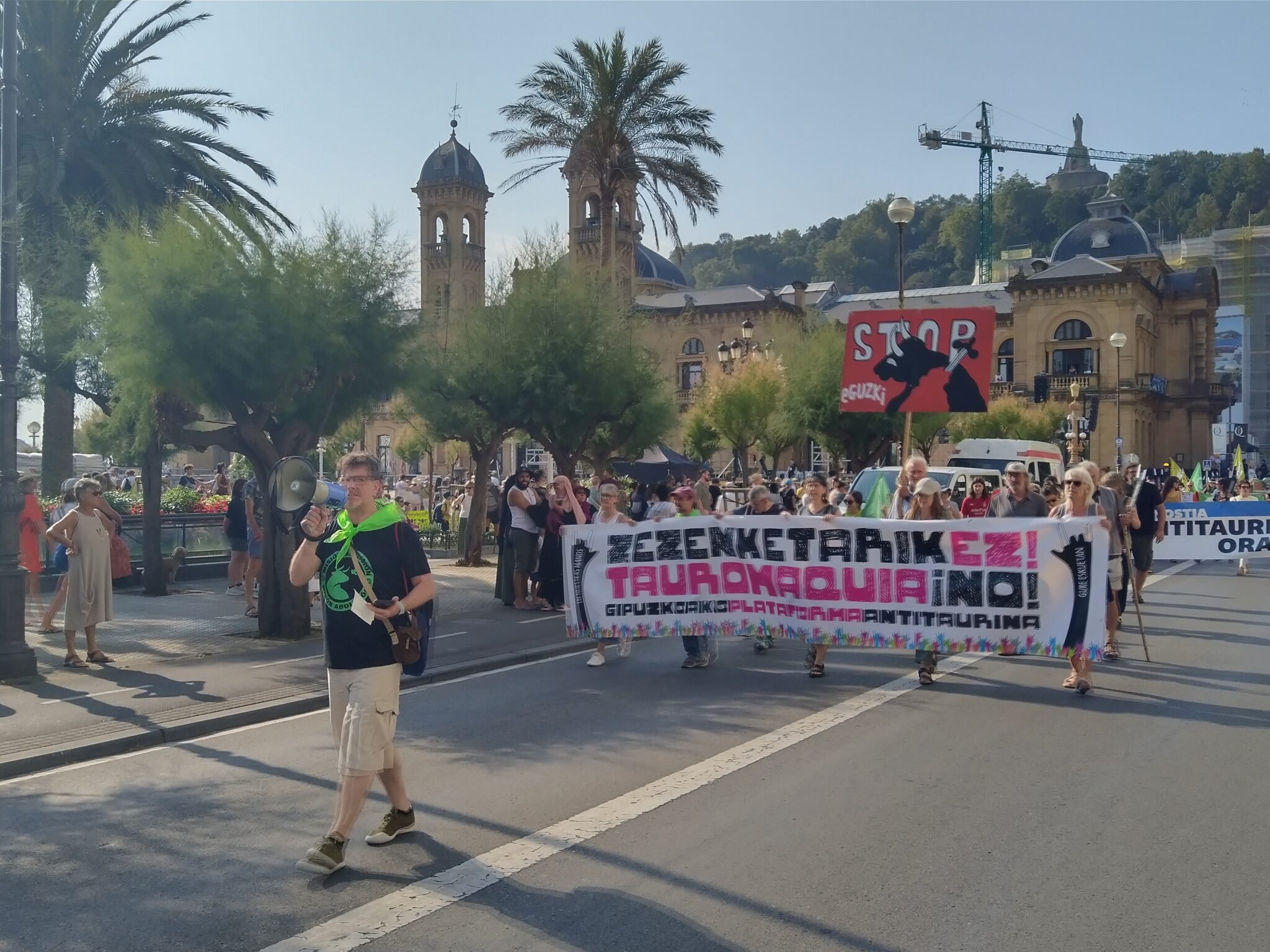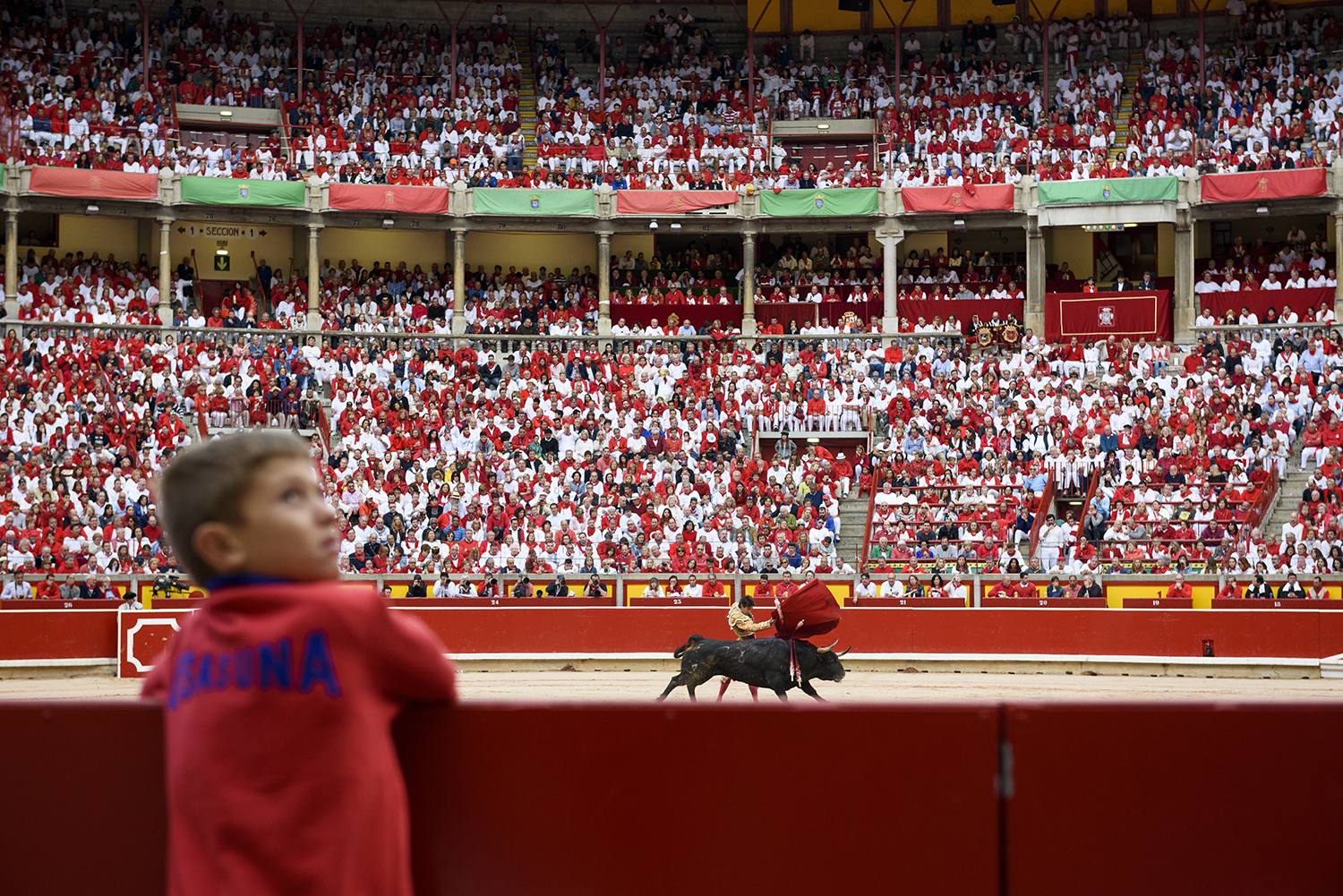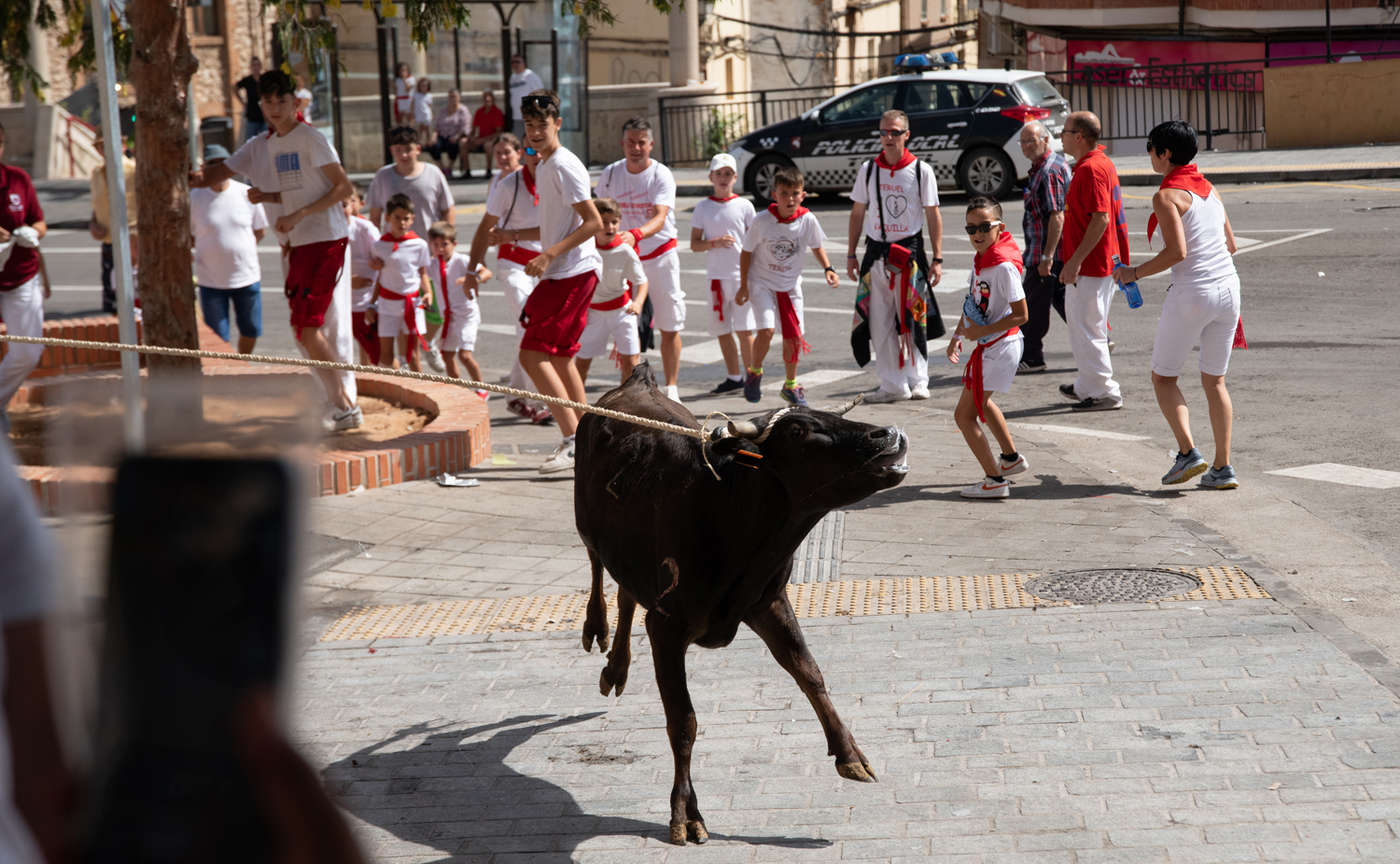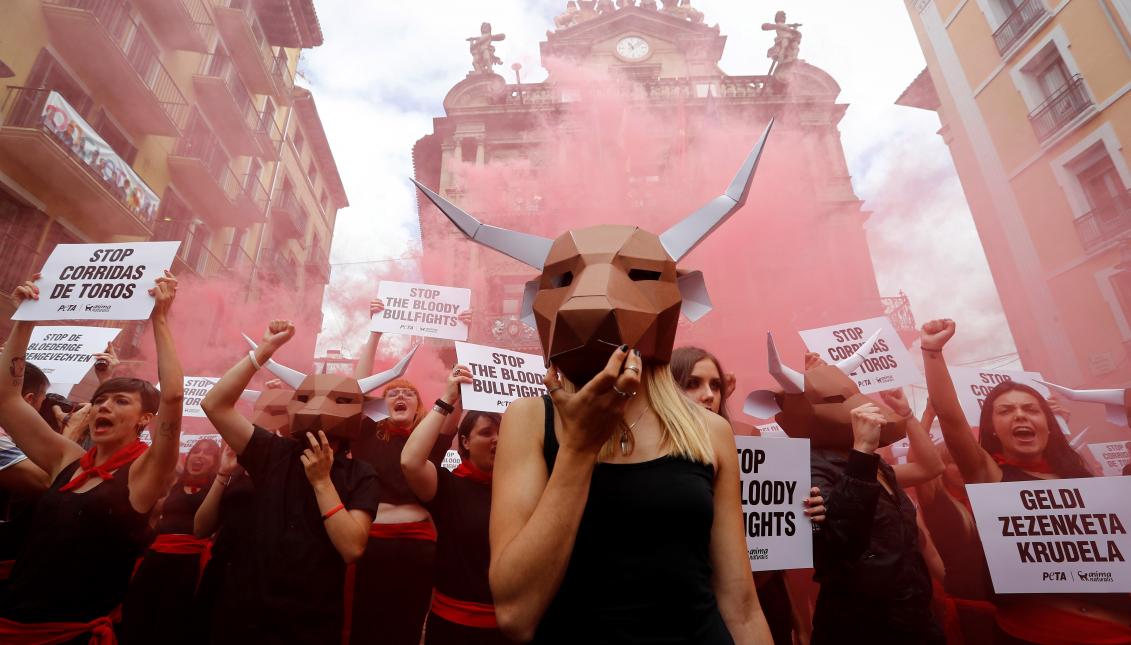"No More Olé" Law Prohibits Bullfighting in Colombia
- In addition to bullfights, cramps, grazing and farms will be prohibited from 2027 onwards. Colombia's president, Gustavo Petro, has stated that this is a "historic decision" for the country.

Colombian Head of State, Gustavo Petro, announced on July 22 the law “No More Smell” in the bullring of La Santamaría de Bogotá. The Presidency of the Republic of Colombia has today decided to prohibit bullfights, cramps, nomads, scholarships and nurseries throughout the national territory. “The new law is a significant step in the protection of animal rights and in the transformation of the country’s culture,” the government said. “No more deaths in the city centre of Bogotá,” said President Gustavo Petro at an event held in La Santamaría.
The law will enter into force in 2027. There will be a three-year transition period and an economic reconversion programme that “will help economically dependent families find new sources of access”. Members of the bullfighting sector have pointed out that each bullfighting season generates about $385,000 and that in the state there are about 35,000 people directly related to bullfighting, according to AFP. In order to monitor the implementation and follow-up of this programme, an Interinstitutional Commission will be set up, comprising government institutions and representatives of the bullfighting sector. The Colombian presidents have announced that the bulls current will be used for other uses and will become cultural, recreational, sports and artistic spaces, prioritizing the integration of families affected by the prohibition of this law.
Pedro banned bullfighting before
Petro, mayor of Bogotá between 2012 and 2015, banned the use of the bullring in La Santamaría for bullfighting, according to the Cadena Ser. Through the adoption of this law, Petro refers not only to the defense of animals but also to the defense of the environment: “Climate disaster must be avoided and our thinking must be changed to respect human or natural life.”
Colombia has joined the countries of America where Tauromaquia is prohibited, along with countries such as Brazil, Chile, Argentina, Uruguay and Guatemala. The countries that accept bullfighting are Spain, Portugal, France, Ecuador, Mexico, Peru and Venezuela, as the public has gathered on its website.









